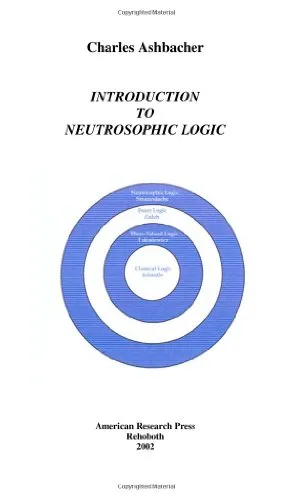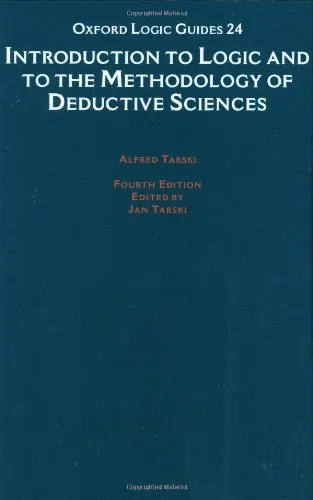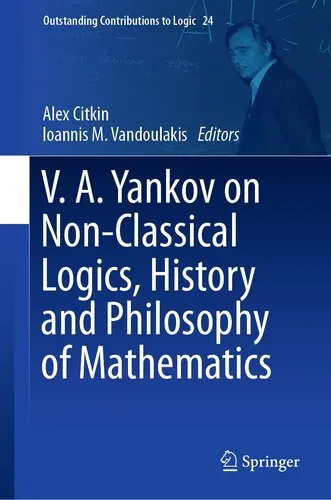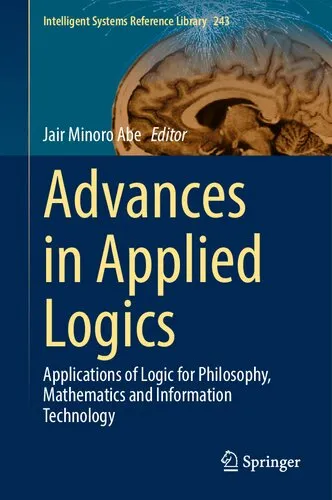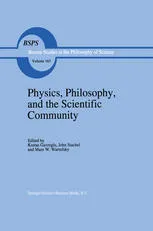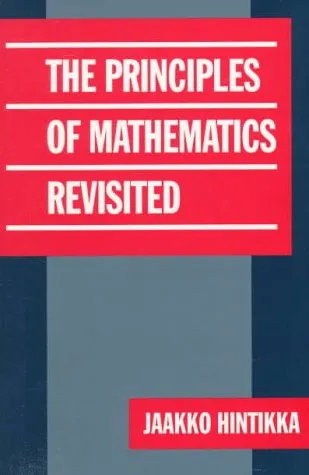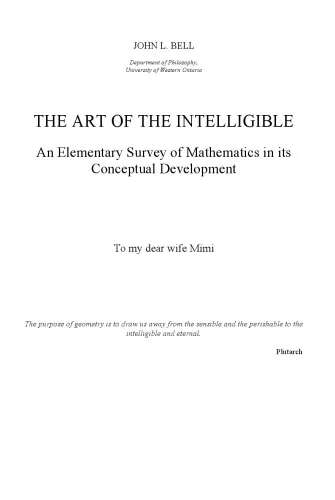What Is Mathematics, Really?
4.3
Reviews from our users

You Can Ask your questions from this book's AI after Login
Each download or ask from book AI costs 2 points. To earn more free points, please visit the Points Guide Page and complete some valuable actions.Related Refrences:
Introduction to 'What Is Mathematics, Really'
"What Is Mathematics, Really" is an intellectually stimulating book by Reuben Hersh that delves deep into the nature of mathematics from a unique and philosophical perspective. This thought-provoking work challenges conventional perceptions of mathematics as a purely abstract, objective, and absolute discipline. Hersh takes us on a rich journey through history, philosophy, and human cognition to argue that mathematics is, fundamentally, a human activity, deeply embedded in our culture, history, and society. This book seeks to explore the essence of mathematics as a human construct while providing a much-needed alternative to the Platonist view that has dominated mathematical philosophy for centuries.
Written for a diverse audience, including students, academics, and those curious about the role of mathematics in human civilization, Hersh's work bridges the gap between technical mathematics and philosophical reflection. By weaving together engaging anecdotes, detailed arguments, and insightful critiques, "What Is Mathematics, Really" inspires readers to challenge their assumptions and explore the fascinating interplay between mathematics and human thought.
In the sections below, we explore a detailed summary of the book, highlight key takeaways, share some of its most resonant quotes, and discuss why this book is essential for anyone interested in the philosophical underpinnings of mathematics.
Detailed Summary of the Book
At the heart of "What Is Mathematics, Really" is Reuben Hersh's central thesis: mathematics is a human endeavor, an intricate creation of human beings, evolving through history and shaped by culture. Hersh introduces readers to the concept of the "humanist" philosophy of mathematics, which stands in contrast to the Platonic view that mathematics exists in some timeless, universal, and independent realm uncovered by mathematicians.
The book begins with a critique of prominent philosophies of mathematics, such as Platonism, formalism, and logicism. Hersh argues that these views fail to effectively explain the social and practical realities of mathematics. He proposes a humanist perspective, emphasizing that mathematics is both created and verified within human communities, rather than 'discovered' as an eternal truth beyond space and time.
Hersh also takes readers through the history of mathematics, illustrating how mathematical concepts have developed over centuries in response to human needs—economic, scientific, and philosophical. He examines real-world mathematical practices to emphasize how mathematicians operate within historical and cultural contexts. The book frequently challenges readers to see mathematics not as an isolated realm but as an essential part of our human experience, marked by its flaws, debates, and collaborations.
Through engaging and accessible language, Hersh introduces topics that range from elementary mathematics to deep questions about the philosophy of math, bridging the complex with the comprehensible. By the end, readers are left with a newfound appreciation of mathematics as a vibrant and dynamic field—one as human as art, literature, or music.
Key Takeaways
- Mathematics is a human activity and a creation of human culture, rather than an absolute truth existing outside time and space.
- Different philosophies of mathematics, such as Platonism, fail to capture the social and practical nature of mathematical work.
- Humanism in mathematics emphasizes its historical, cultural, and social dimensions.
- The practice of mathematics is deeply intertwined with human needs, collaboration, and creativity.
- Mathematics is not an isolated enterprise—it is a reflection of human history and evolution.
Famous Quotes from 'What Is Mathematics, Really'
"Mathematics is not discovered, it is invented. Its validity depends entirely on shared human agreements."
"The stability of mathematics is the stability of human civilization itself."
"To study mathematics is to study the history and culture of human thought."
Why This Book Matters
"What Is Mathematics, Really" is a groundbreaking and essential book for anyone eager to deepen their understanding of the nature of mathematics. By offering a compelling critique of traditional views and presenting an alternative framework rooted in the human experience, Reuben Hersh invites readers to reconsider basic assumptions about mathematics. The book is more than a philosophical exploration; it is a celebration of humanity's creativity and collaborative spirit that shapes and defines this intricate discipline.
This book matters because it challenges the long-standing mystification of mathematics, demystifying its processes and revealing its connection to human life. Whether you are a mathematician, educator, philosopher, or simply someone fascinated by intellectual history, "What Is Mathematics, Really" offers profound insights into the ways we understand, teach, and engage with this vital field.
Free Direct Download
You Can Download this book after Login
Accessing books through legal platforms and public libraries not only supports the rights of authors and publishers but also contributes to the sustainability of reading culture. Before downloading, please take a moment to consider these options.
Find this book on other platforms:
WorldCat helps you find books in libraries worldwide.
See ratings, reviews, and discussions on Goodreads.
Find and buy rare or used books on AbeBooks.
1694
بازدید4.3
امتیاز0
نظر98%
رضایتReviews:
4.3
Based on 0 users review
Questions & Answers
Ask questions about this book or help others by answering
No questions yet. Be the first to ask!
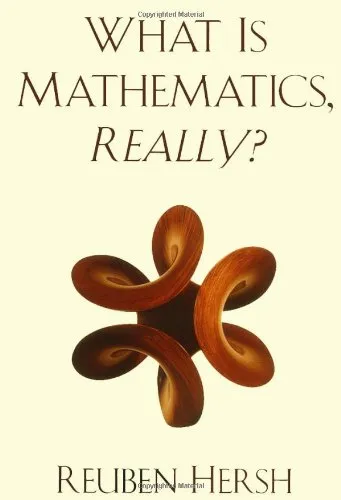
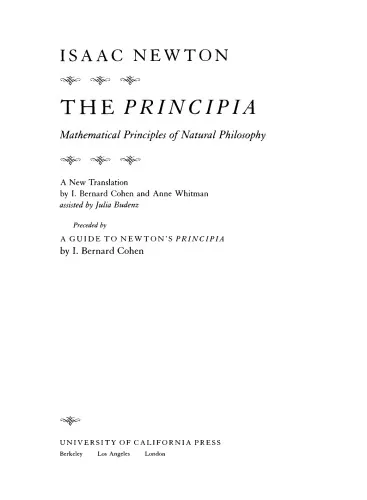
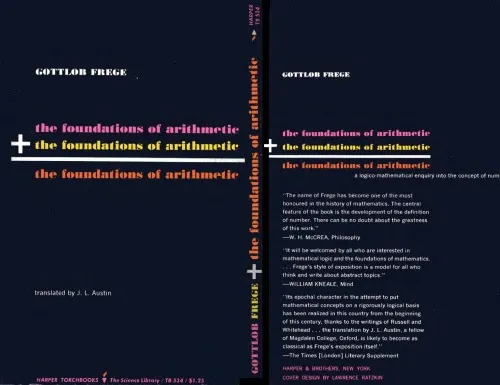
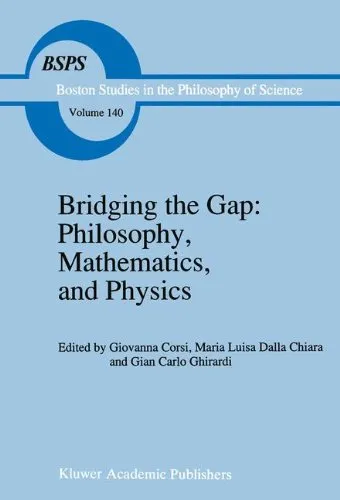
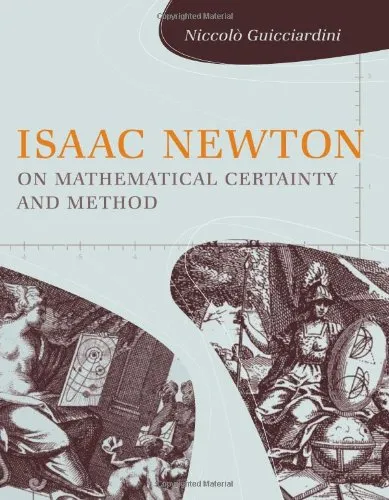
![The Mathematical Experience [Study Edn.]](https://s3.refhub.ir/images/thumb/The_Mathematical_Experience__Study_Edn_16194.webp)
